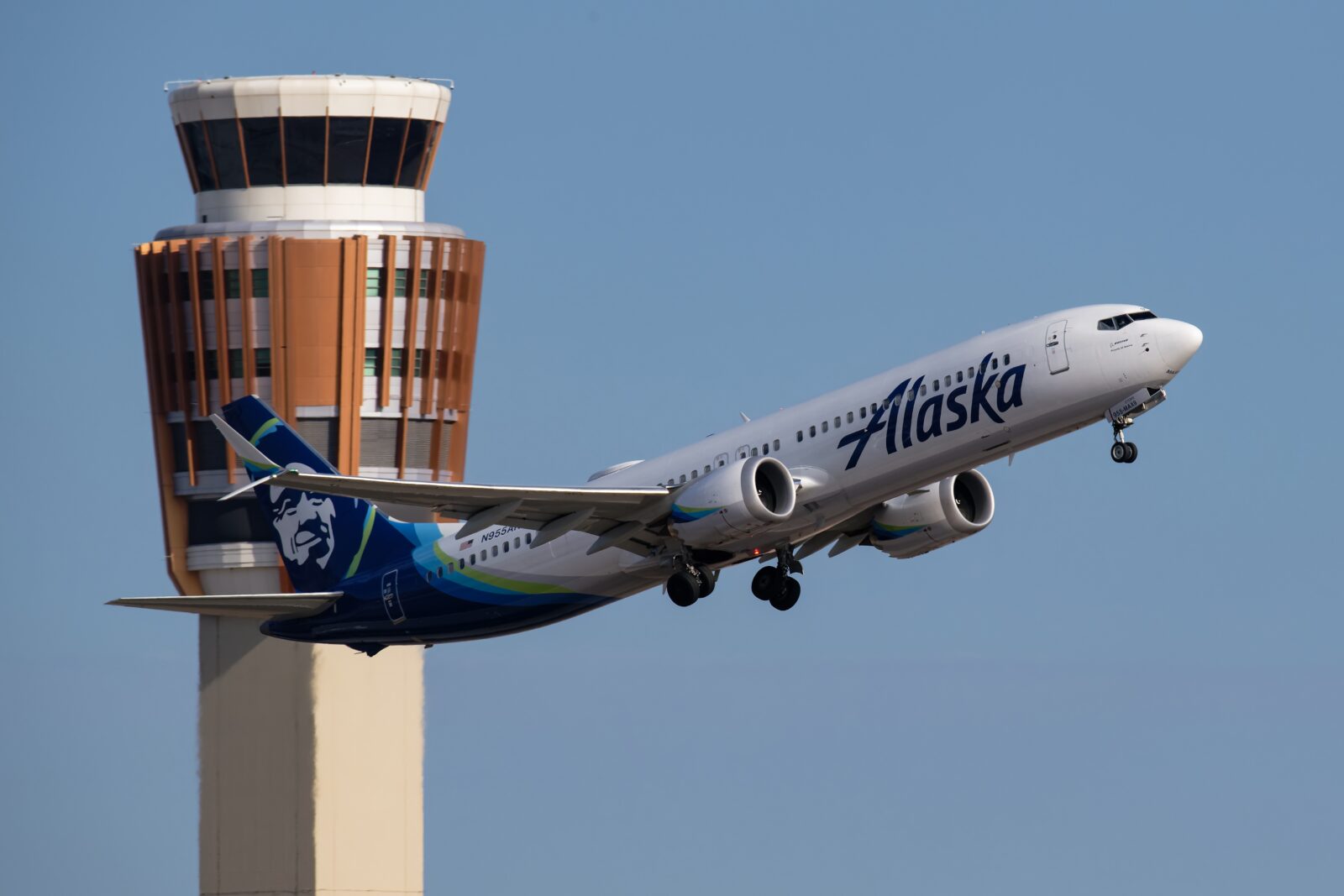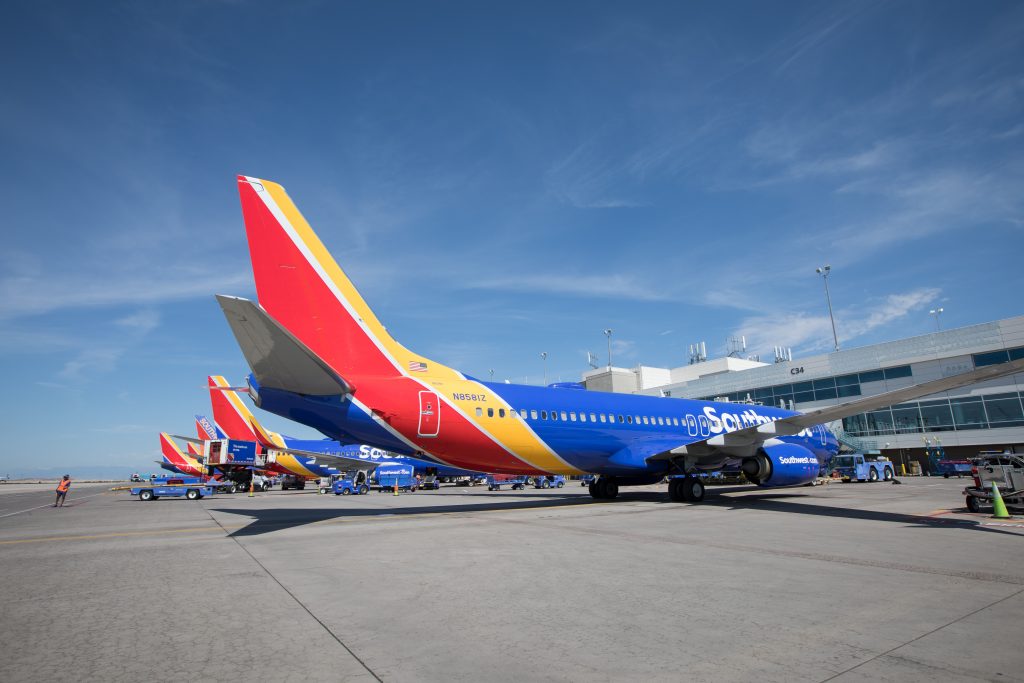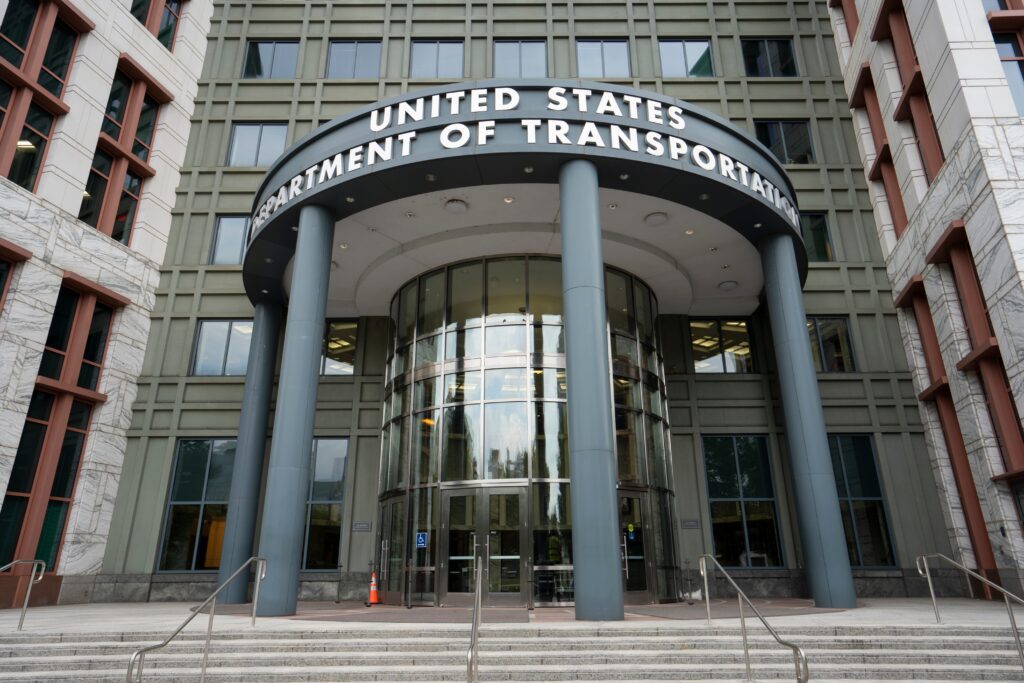
The Department of Transportation (DOT) is seeking feedback from members of the public on plans to introduce generous European and Canadian-style compensation rules for airline passengers affected by delays and cancellations within an airline’s control.
At present, no major US airline offers cash compensation to passengers inconvenienced by a lengthy delay or cancellation, but a new ‘advanced notice of proposed rulemaking’ could bring sweeping changes to US consumer protection rules.

The DOT is also considering imposing requirements on airlines to provide delayed passengers with free hotel accommodation, meals, and transport to and from a hotel, whether or nor the reason for the delay or cancellation is within the airline’s control.
The rulemaking could mimic Europe’s long-established EC261 regulations, which guarantees passengers cash compensation of up to €600 (US $631) if they are delayed in arriving at their destination by more than three hours.
In the EU, airlines aren’t liable if an ‘extraordinary circumstance’ was the cause of the delay or cancellation, such as extreme weather, a security threat, or a strike outside of the airline’s control.
But the European regulations do require airlines to rebook delayed passengers on another airline if it means they’ll get to their destination quicker. An idea that the DOT is also thinking of copying.
For more than a decade, airlines operating in the United States, including foreign carriers, have been required to establish customer service plans that set out what they will offer passengers in the event of a delay or cancellation.

Although airlines must adhere to the promises they set out in their customer service plans, it remains up to each airline to decide what those promises will be, and these can be changed or scrapped at a moments notice.
Until 2022, the DOT says these promises were often inadequate, but after a major push, many airlines now have improved their service to passengers affected by significant delays and cancellations.
Nearly every major US airline will currently rebook delayed passengers on another flight with their airline, and Alaska, American Airlines, Delta, Hawaiian, JetBlue, and United will rebook passengers on partner carriers.
Every major airline, with the exception of Frontier, also provides customers with hotel accommodation for overnight delays, while every major carrier, including Frontier, will provide refreshments for delays stretching more than three hours.
The DOT, however, remains frustrated that airlines won’t voluntarily commit to providing cash compensation to delayed passengers.
Over the last 12 months, DOT officials have met with their counterparts in Canada and Europe to find out more about how their respective compensation and passenger rights regulations work.

The Department has also met with a lobby group that represents US airlines and the International Air Transportation Association (IATA) to hear their concerns about these regulations.
“Cancellations and lengthy flight delays pose significant inconvenience, stress, and financial cost to impacted passengers. Such delays and cancellations cause passengers to lose time, may disrupt other reservations (such as hotel reservations), and may cause passengers to miss important events,” the DOT says in its advanced notice of proposed rulemaking.
One of the sticking points for the DOT is working out what situations would require an airline to pay cash compensation. While Europe has relied on courts across the bloc to establish what constitutes an ‘extraordinary circumstance’, Canadian regulations only apply to delays that aren’t down to safety reasons.
The DOT is also working out whether airlines should be forced to automatically pay compensation or whether it should be up to passengers to apply for a payment.
In addition to copying similar regulations in other countries, the DOT is also investigating whether it can force airlines to rebook passengers with disabilities on another airline when the carrier makes a change to the schedule that results in an accessibility feature required by the passenger no longer being available.
For example, this might apply to a change of aircraft type whereby an accessible lavatory is no longer available, there is no onboard wheelchair or the passenger’s own wheelchair can no longer be safely stored in the cargo hold.
Earlier this year, the DOT introduced a new law that requires airlines to provide passengers with a free refund of their ticket if a significant delay or cancellation means they no longer want to travel.
The rule was opposed by many major US carriers, so expect airlines to fiercely oppose the latest proposed rulemaking.
Related
Mateusz Maszczynski honed his skills as an international flight attendant at the most prominent airline in the Middle East and has been flying ever since... most recently for a well known European airline. Matt is passionate about the aviation industry and has become an expert in passenger experience and human-centric stories. Always keeping an ear close to the ground, Matt's industry insights, analysis and news coverage is frequently relied upon by some of the biggest names in journalism.







